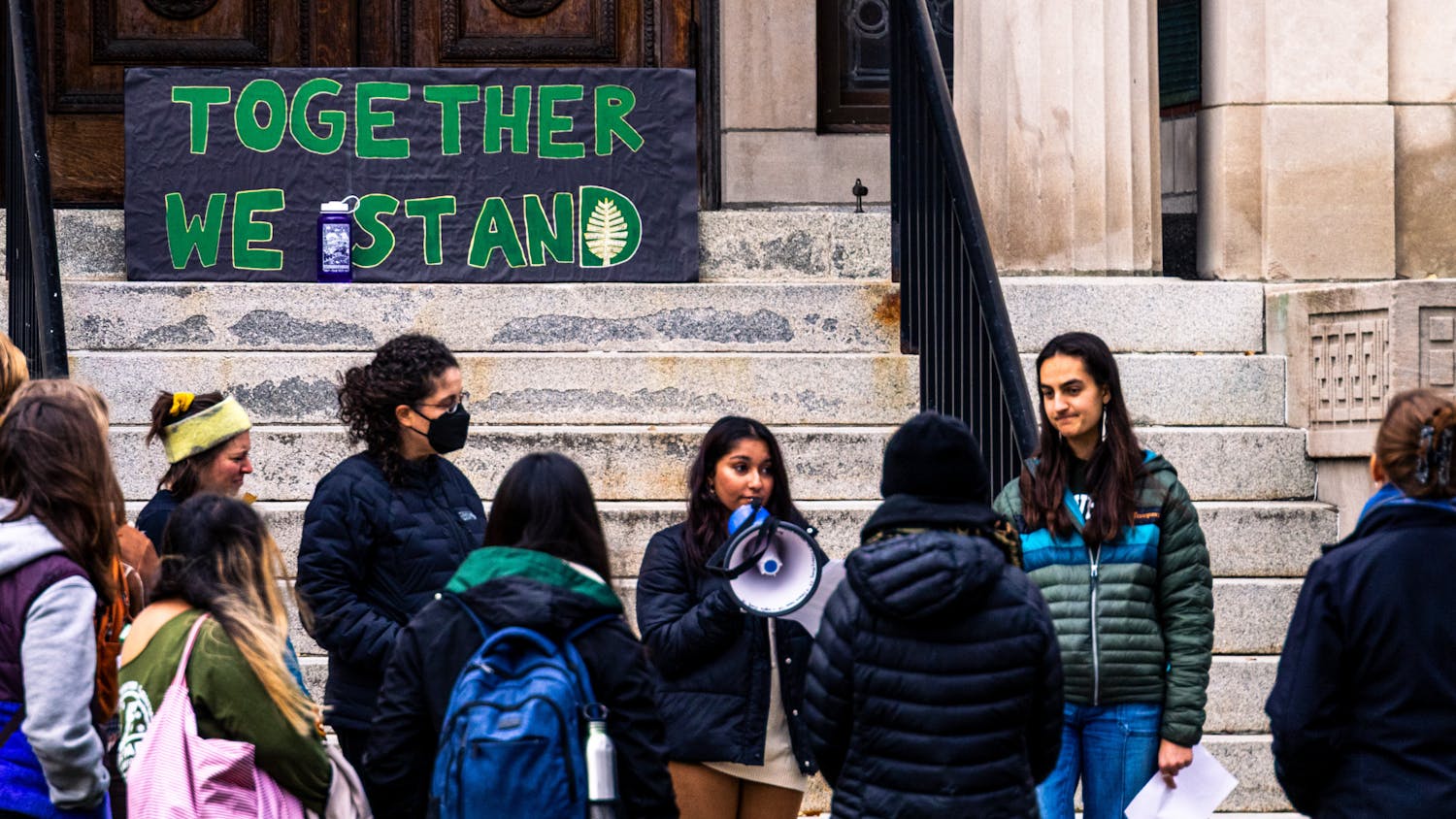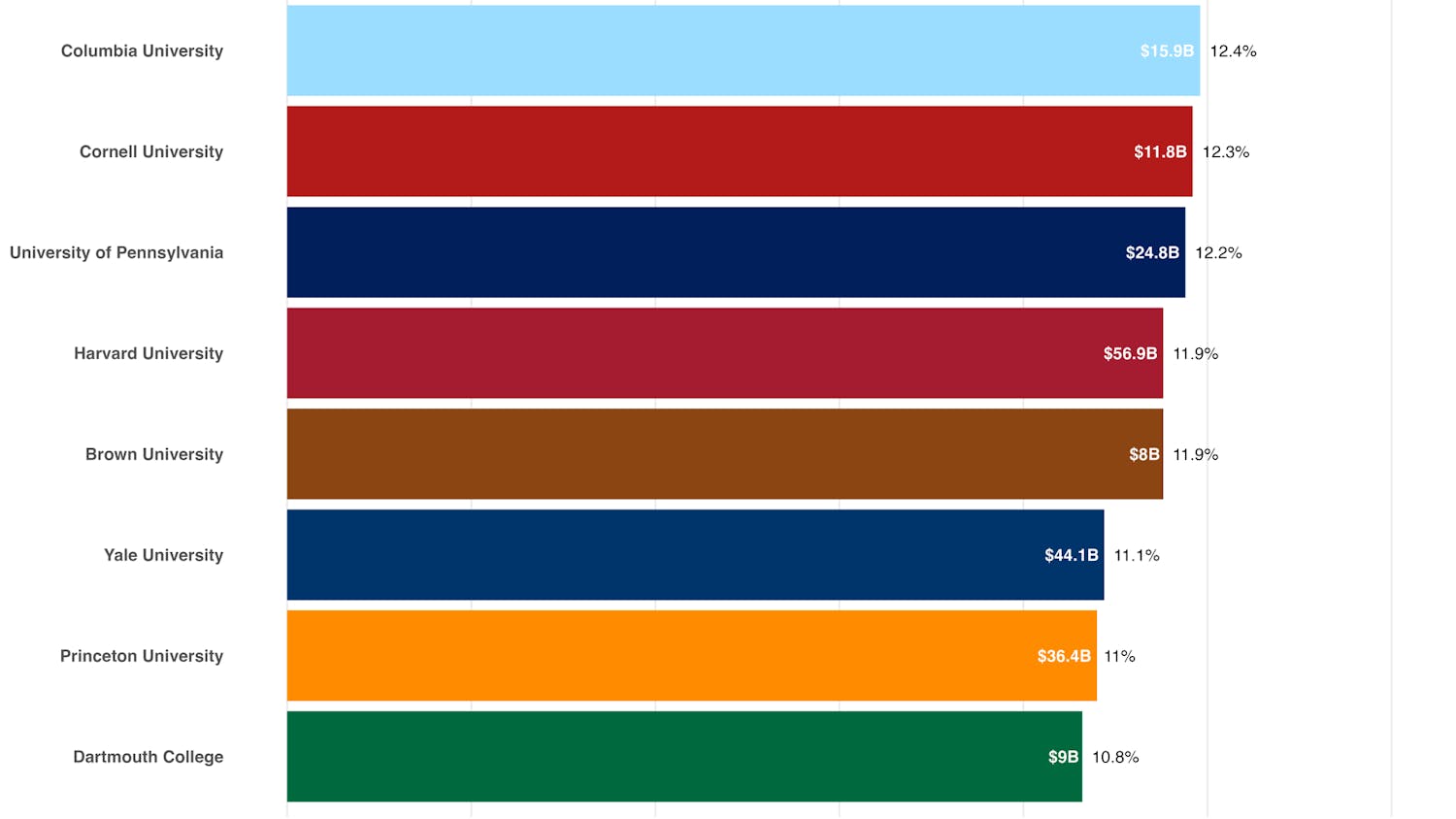In Egyptian Arabic, the word for bread is pronounced “aeesh.” This word is the same as the standard Arabic word for life. Bread is found on every table for every meal in Egyptian households. It is sustenance, the reason for life in Egypt. Egyptians consume more than twice the amount of bread per person than to the global average. Bread prices, therefore, are an insightful indicator of the living standards of Egyptians at a given moment.
As of today, unsubsidized bread prices have risen to three times their price from a year ago. To understand why, we must look at the last decade of Egyptian politics.
May of this year commemorates the ninth anniversary of the 2014 Egyptian election. Following three years of turmoil, power changes and general instability, Egyptians finally elected a new leader. After supposedly winning more than 97% of the vote, Abdel Fattah el-Sisi proclaimed that he was “sworn in to “take care to the full of the interests of the people; all the people as I am the president of all Egyptians.”
In retrospect, however, Sisi has not been the leader the Egyptian people deserved, expected, and were promised.
Running on a platform of providing Egyptians with an “ambitious plan to develop agriculture, housing [and] education” — as well as plans to aid “impoverished areas and boost employment” — Sisi has done little to turn these promises into a reality. His campaign promised the betterment of Egyptians’ standard of living within the first two years of being in office, but for most, standards of living have declined.
Some of Sisi’s greatest failures relate to Egypt’s economy. The Egyptian currency, known as the pound, had an exchange rate of six pounds for every U.S. dollar at the time of Sisi’s election in 2014. By 2016, however, the devaluation of Egyptian currency by 50% limited the ability of the government to spend on the well-being of its citizens. There was also limited external investment, a result of the poor investing environment fostered by instability in the years following the revolution. By 2018, the Egyptian pound had an exchange rate of 18 pounds for every USD.
By the time the 2018 Egyptian election rolled around, the promises of the revolution seemed to have been long forgotten. Sisi achieved a landslide victory in what human rights groups called a “farce” election. The following year, Sisi implemented multiple constitutional amendments, some of which allowed him to remain in power until 2030. In the meantime, Sisi went on a borrowing rampage to fund ambitious infrastructure projects throughout the country. Numerous roads and highways, airport upgrades and subway projects may have improved Egyptian transportation, but the construction of many new modern high-rise buildings and the development of a new capital in the desert have only contributed to the country’s increasing debt.
The proposed new administrative capital, known as New Cairo, continues to be a massive financial burden. Egypt’s government undertook a project to move its capital out of downtown Cairo to barren land 28 miles away from downtown Cairo. The plan for New Cairo includes allowances for shopping malls, a stadium, office buildings and sleek infrastructure. It looks to provide housing for 12 million people and move governmental agencies to this new region. The uncompleted project, which began in 2016, was supposed to be completed by 2022. It was estimated to cost $45 billion but has burned through $58 billion so far. From 2014 to 2022, Egypt’s outstanding overseas bonds increased by $24 billion, a sign of Egypt’s troubling borrowing habits.
In the past month, Egypt’s central bank floated the currency, meaning its value would fluctuate based on the climate in the world market. The decision nearly doubled the devaluation rate overnight — on March 4, 2024, around 29 Egyptian pounds were equivalent to one dollar, and the next day that number rose to 49 Egyptian pounds. This effectively cut the wages of Egyptian workers nearly in half in a single day. People woke up the next morning without the ability to fuel their cars or purchase bread and basic necessities. According to Hamish Kinnear, senior analyst at risk intelligence company Verisk Maplecroft, the decision will inflict “further pain on Egyptians already struggling with soaring prices.”
Still, the Egyptian government continues to undertake projects that it simply cannot afford. This year, Egypt needs $28 billion to repay its debts. It has looked to alleviate financial burdens through foreign investments. Most recently, Egypt sold land on its north coast to the UAE for $35 billion. Additionally, recent agreements with the International Monetary Fund have committed to “reduce inflation, and preserve debt sustainability.”
In 2019 nearly “60% of Egypt's citizens are estimated to be below or close to the poverty line.” Those speaking out against these issues are quickly silenced by an increasingly repressive state and subjected to passively watching living standards diminish. As bread prices continue to rise out of control and Egyptians see the country’s middle class suffer, the future is far from bright.
Opinion articles represent the views of their author(s), which are not necessarily those of The Dartmouth.



